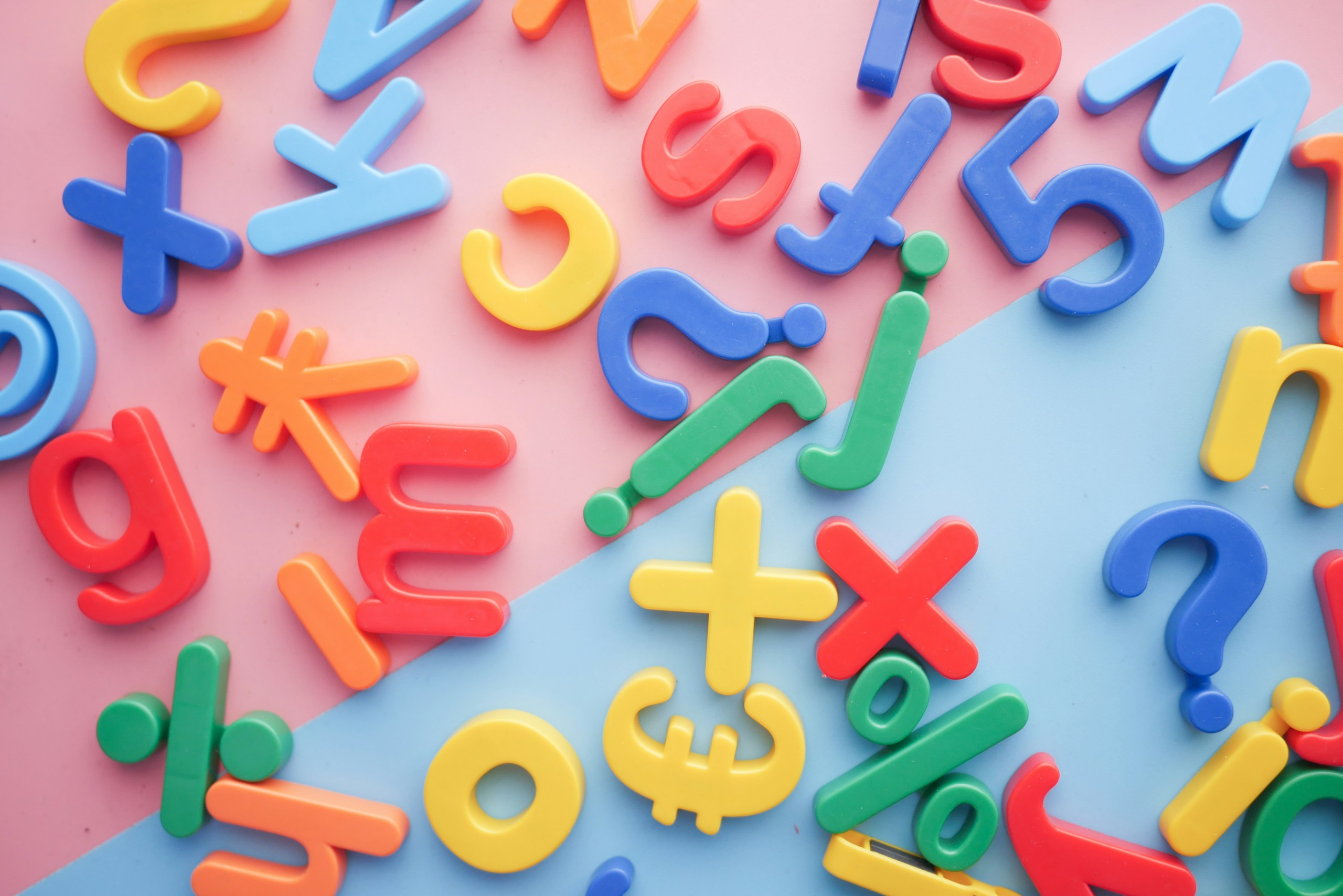It is a mystery
Tory Lanez Stan
This has probably been asked mad times in here, but are any phone apps good for learning languages? There's a ton of them out there but I don't know which ones are worth using
Outside of Duolingo and Rosetta Stone (which are the main two people pretty much use), there's Babbel, Drops and Memrise.This has probably been asked mad times in here, but are any phone apps good for learning languages? There's a ton of them out there but I don't know which ones are worth using
busuu is goodThis has probably been asked mad times in here, but are any phone apps good for learning languages? There's a ton of them out there but I don't know which ones are worth using



Google has added 24 languages to its Google translate platform reaching a further 300 million people. The addition is a social one catering to speakers whose languages “aren’t represented in most technology” and a technical milestone in a machine learning model that learns to “translate into another language without ever seeing an example.”
Ten of the new language additions on Google translate are African languages including Lingala, Twi, and Tigrinya. There are now 133 languages supported by a technology that is breaking language barriers and connecting communities around the world. (...)
Some notable additions are Mizo, used by around 800,000 people in the far northeast of India, Lingala, used by over 45 million people across Central Africa, Indigenous languages of the Americas (Quechua, Guarani, and Aymara), and an English dialect (Sierra Leonean Krio).
A complete list of the new languages now available are:
Assamese, used by about 25 million people in Northeast India
Aymara, used by about two million people in Bolivia, Chile, and Peru
Bambara, used by about 14 million people in Mali
Bhojpuri, used by about 50 million people in northern India, Nepal, and Fiji
Dhivehi, used by about 300,000 people in the Maldives
Dogri, used by about three million people in northern India
Ewe, used by about seven million people in Ghana and Togo
Guarani, used by about seven million people in Paraguay and Bolivia, Argentina, and Brazil
Ilocano, used by about 10 million people in the northern Philippines
Konkani, used by about two million people in Central India
Krio, used by about four million people in Sierra Leone
Kurdish (Sorani), used by about 15 million people in Iraq and Iran
Lingala, used by about 45 million people in the Democratic Republic of the Congo, Republic of the Congo, Central African Republic, Angola, and the Republic of South Sudan
Luganda, used by about 20 million people in Uganda and Rwanda
Maithili, used by about 34 million people in northern India
Meiteilon (Manipuri), used by about two million people in Northeast India
Mizo, used by about 830,000 people in Northeast India
Oromo, used by about 37 million people in Ethiopia and Kenya
Quechua, used by about 10 million people in Peru, Bolivia, Ecuador, and surrounding countries
Sanskrit, used by about 20,000 people in India
Sepedi, used by about 14 million people in South Africa
Tigrinya, used by about eight million people in Eritrea and Ethiopia
Tsonga, used by about seven million people in Eswatini, Mozambique, South Africa, and Zimbabwe
Twi, used by about 11 million people in Ghana (...)
Google Translate Adds 10 New African Languages on Its Platform




Its all about staying at it, nothing more. Learning a language has nothing to do with intelligence in my opinion, just about the time you're willing to take to sit down and break a code essentially.